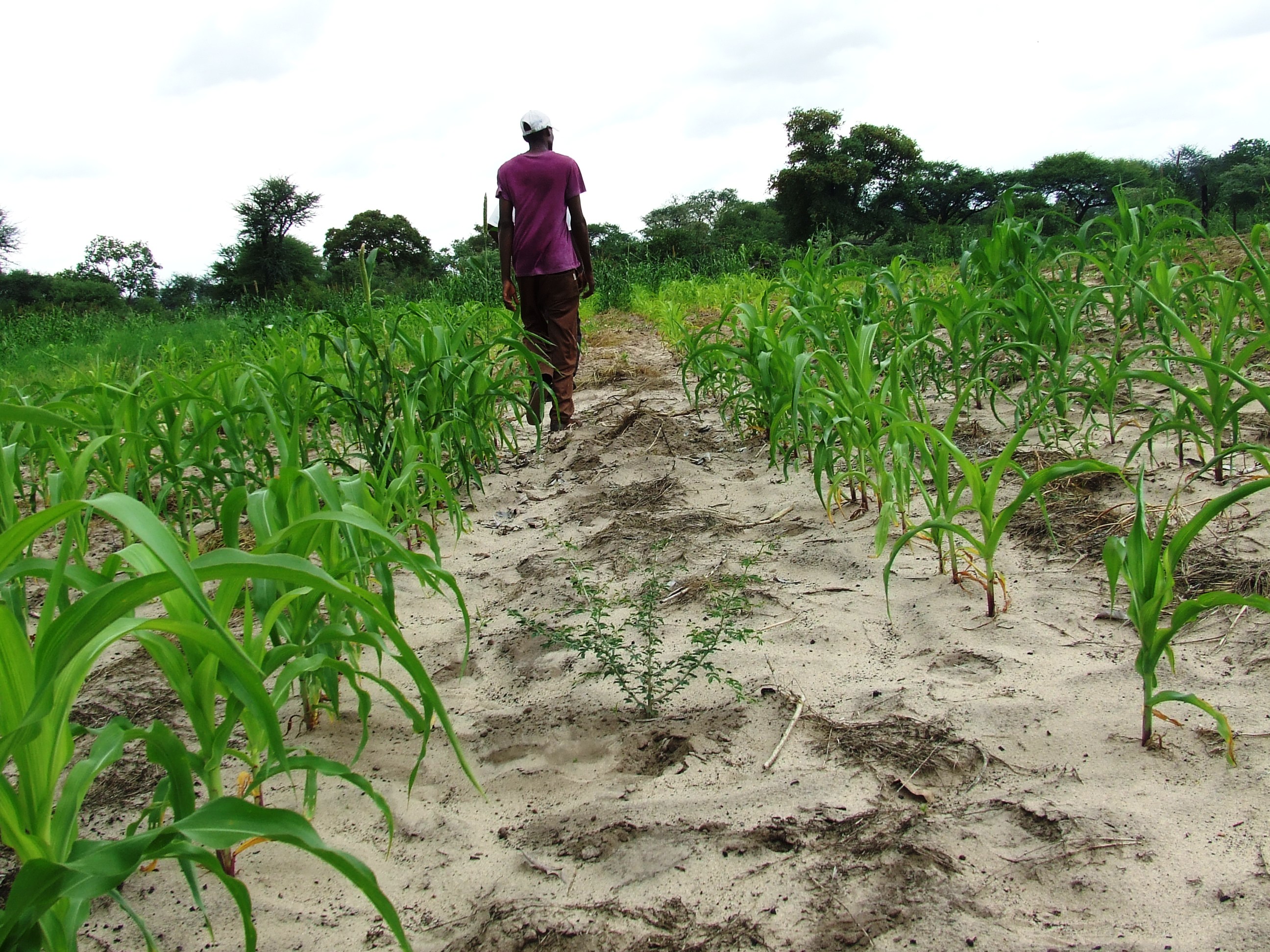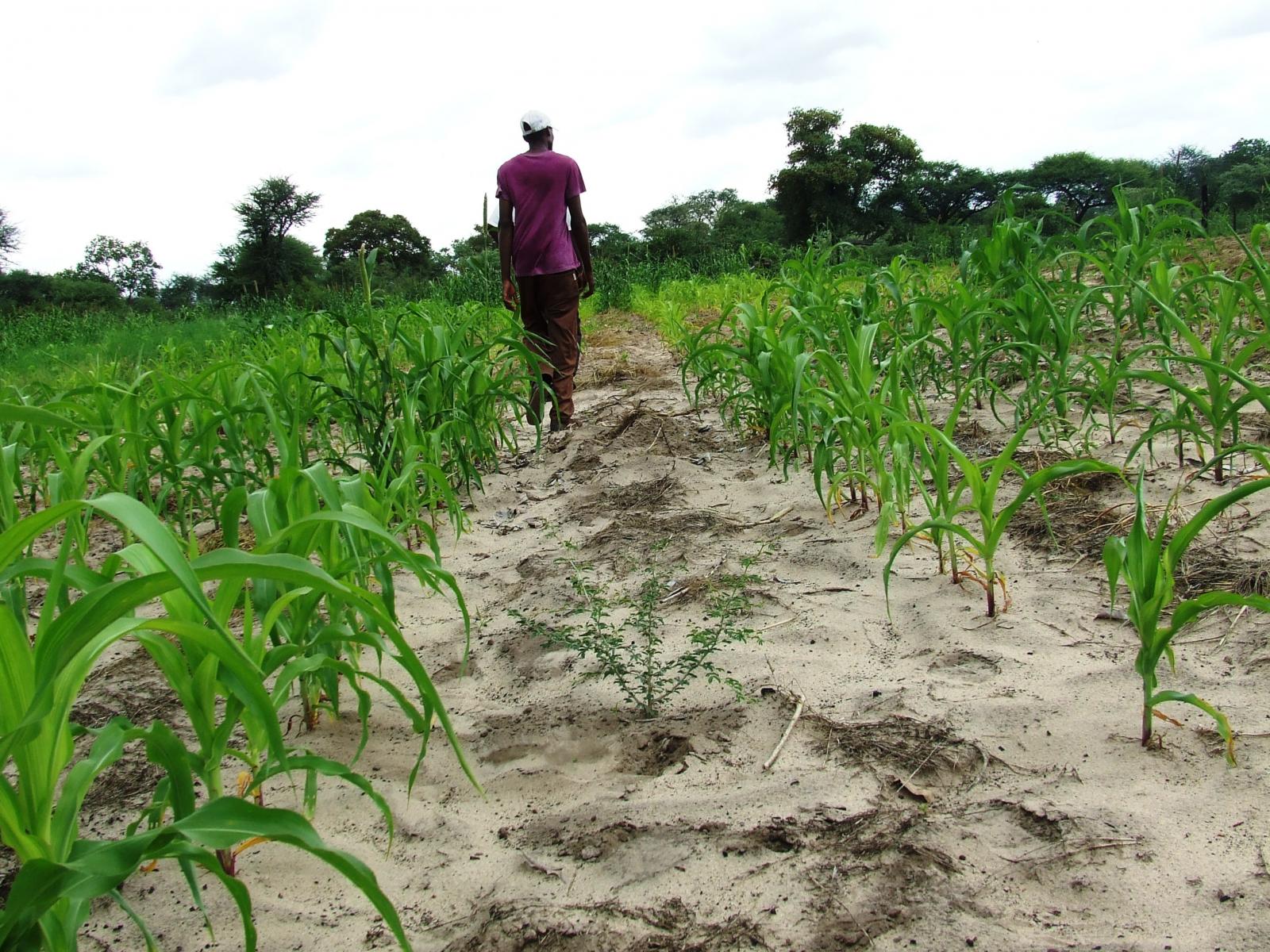An Overview Of Our Solution
- Population Impacted:
- Continent: Africa
Organization type
Population impacted
Size of agricultural area
Production quantity
People employed
Describe your solution
Describe your implementation
External connections
What is the environmental or ecological challenge you are targeting with your solution?
Describe the context in which you are operating
In the Okavango “Panhandle” area “slash and burn” agriculture was the norm for centuries. Restrictions on allocation of new fields cause infertile soils and with wildlife crop raiding and diminishing rainfall , a downward spiral in food security has been the reality. The traditional efforts of small scale farmers to open up new fields have impacted so much on biodiversity of the riverine forest areas that even veld foods are now scarce. Elephants and hippos break fences, letting in cattle and goats to deplete crop residues, therefore soil liesbare for 9 hot months a year. Pioneer plants e.g. couch grass (cynodon dactilon) and other thorny pioneers therefore rapidly take over and makes rehabilitation very difficult. The Hambukushu culture (the majority tribe) encourages coming of age by felling of trees to open new fields, adding to pressure on indigenous forests and on biodiversity. There is a huge lack of employment for the communities and their children are no longer interested in agriculture. These all lead to dependency on government hand-outs, with the associated social ills that is now dominating a previously proud and independent, self sustaining agricultural community.
How did you impact natural resource use and greenhouse gas emissions?
Language(s)
Social/Community
Water
Food Security/Nutrition
Economic/Sustainable Development
Climate
Sustainability
Our budget for the past 4 years was around $40k per year. As our clients cannot pay for support services, the investment could in no way match the results reached as our own demonstrations were costly and unsuccessful as described above. However, we hope to lead our farmers into sustainable clusters or cooperatives who jointly market and store their produce to reach a point where they can get income enough to pay for services required. Our other future option, to gain accreditation by government as a training institute, will completely change our style of work and would depend on a mindset in Botswana to adopt “simple” and organic agriculture, something at present not valued by those who hold the purse strings.
Return on investment
Entrant Image

Entrant Banner Image

